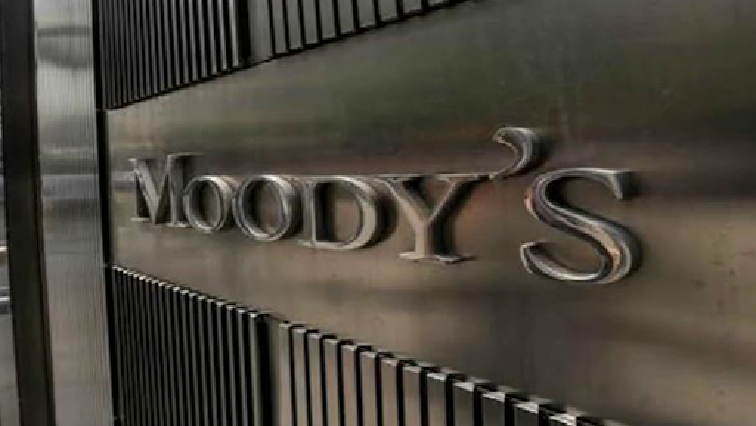Analysts say it’s time for the government to adopt ultra-aggressive economic policies following a downgrade by credit rating agency Moody’s.
Many say it’s not surprising that Moody’s has downgraded South Africa to sub-investment grade or junk status. All three major ratings agencies (including S&P and Fitch) now have South Africa at junk status.
Moody’s attributed the downgrade to structurally weak growth and constrained capacity to stimulate the economy as well as a rise in government debt over the medium term.
Analyst Saveshan Pillay says, “Moodys indicated that our growth prospects have reduced, our fiscal deterioration is quite significant. They anticipate our fiscal deficit to GDP to hit around 8.5%, but when you include government guarantees they anticipate around about 91% in 2023. They’ve also highlighted the coronavirus and the vulnerable state of the South African economy.
“Government would obviously need to make a concerted effort towards a contingency plan to get us back to investment grade. My personal view is that South Africa should take a significant economic pro-growth stance going forward. I think that the government is now in a position whereby they can adopt ultra-aggressive economic policies they should obviously do that.”
In a statement, National Treasury says the decision to downgrade comes amid the country facing the coronavirus outbreak – which is impacting various sectors of the economy including the financial markets.
ECONOMIC CONDITIONS
The Congress of the People (COPE) says the downgrade is another warning to the South African government. While economic conditions could have been worsened by minimal economic activity in the country due to the nationwide lock-down for the coronavirus pandemic, COPE spokesperson, Dennis Bloem, says the downgrade is the “reward” for corruption in the country.
The Democratic Alliance (DA) has attributed Moody’s downgrade of South Africa to government’s inability to get our national debt under control. It has also cited government’s inability to reform the electricity sector, to allow for a competitive generation as one of the contributing factors.
The party’s shadow minister for finance, Geordin Hill-Lewis, says although the COVID-19 crisis has also worsened the country’s economic outlook, government’s refusal to implement structural reforms is to be blamed.
IMPACT ON MARKETS
Some economists say the downgrade will not have a significant impact on the local markets.
The chief economist at Econometrix, Azar Jammine, says this will put further strain on government debt and its spending-ability, but downgrade doesn’t make much of a difference, as the damage has already been done.
“Therefore in the debt servicing costs in other words when government tries to borrow money to finance the difference in what it sounds and what it receives in tax revenue it will now have to pay a higher interest rate.
“Over the last two weeks, long term interest rates have risen by 3%, the most popular government bond the R186 that matures in 2026 has gone up from 8% to 11%, so a lot of the damage has already been done.”
In the video below are reactions from different political parties:






